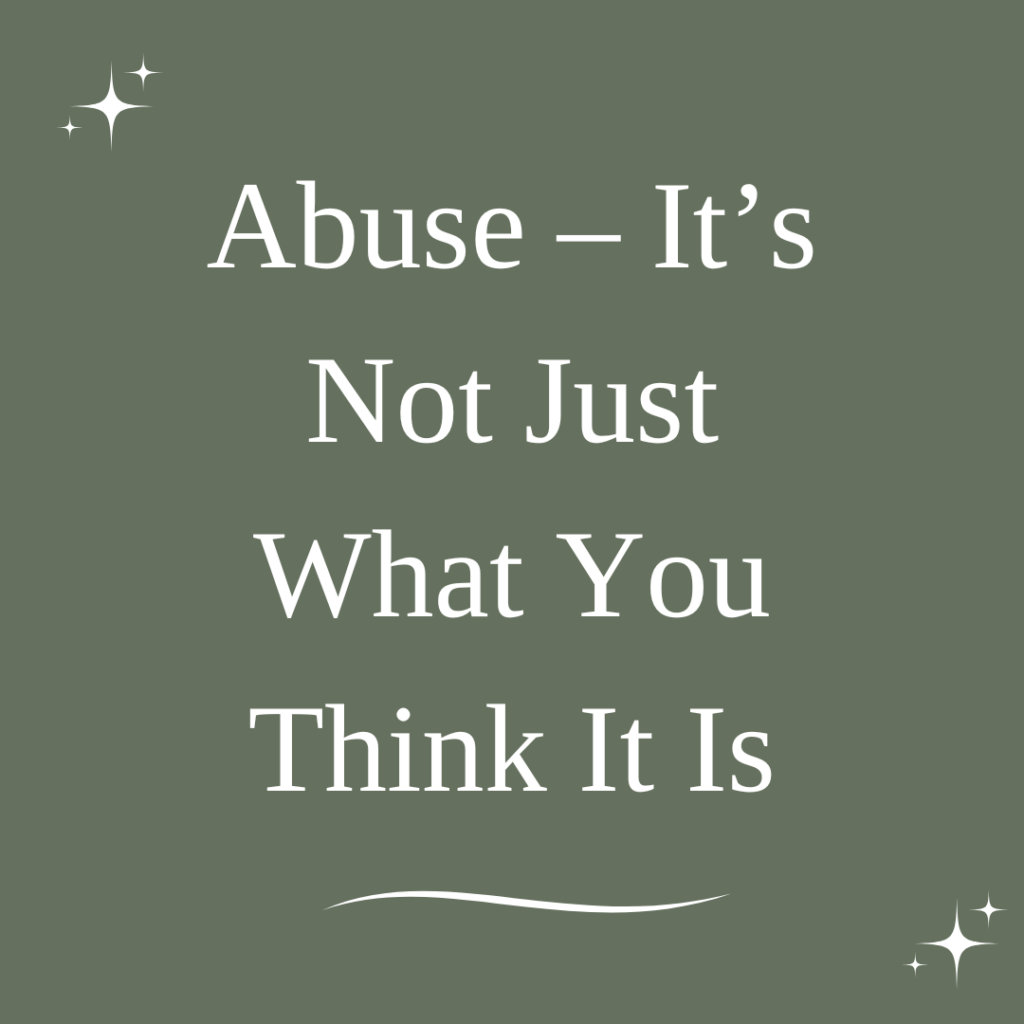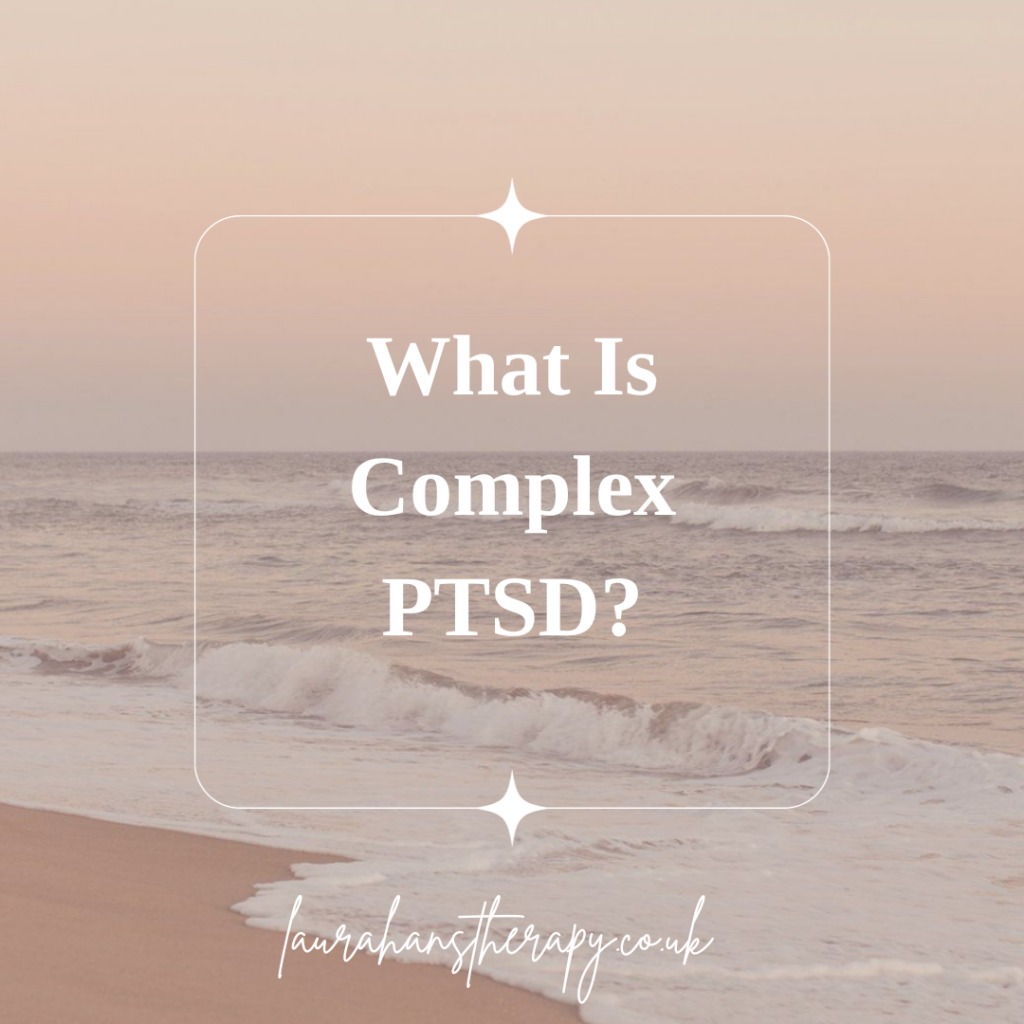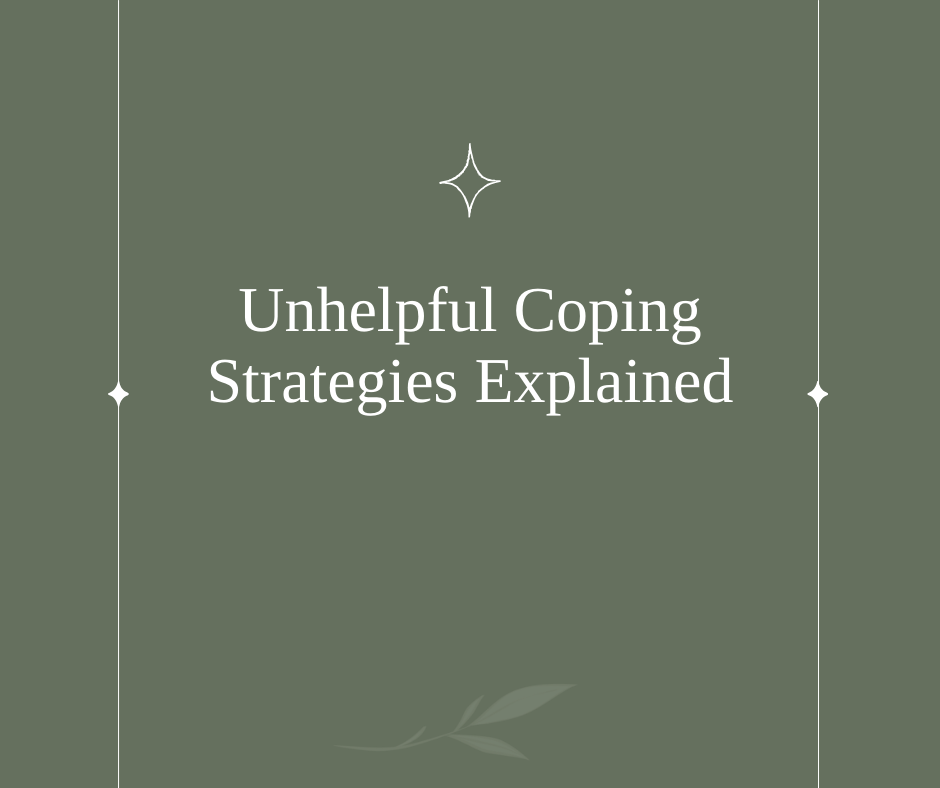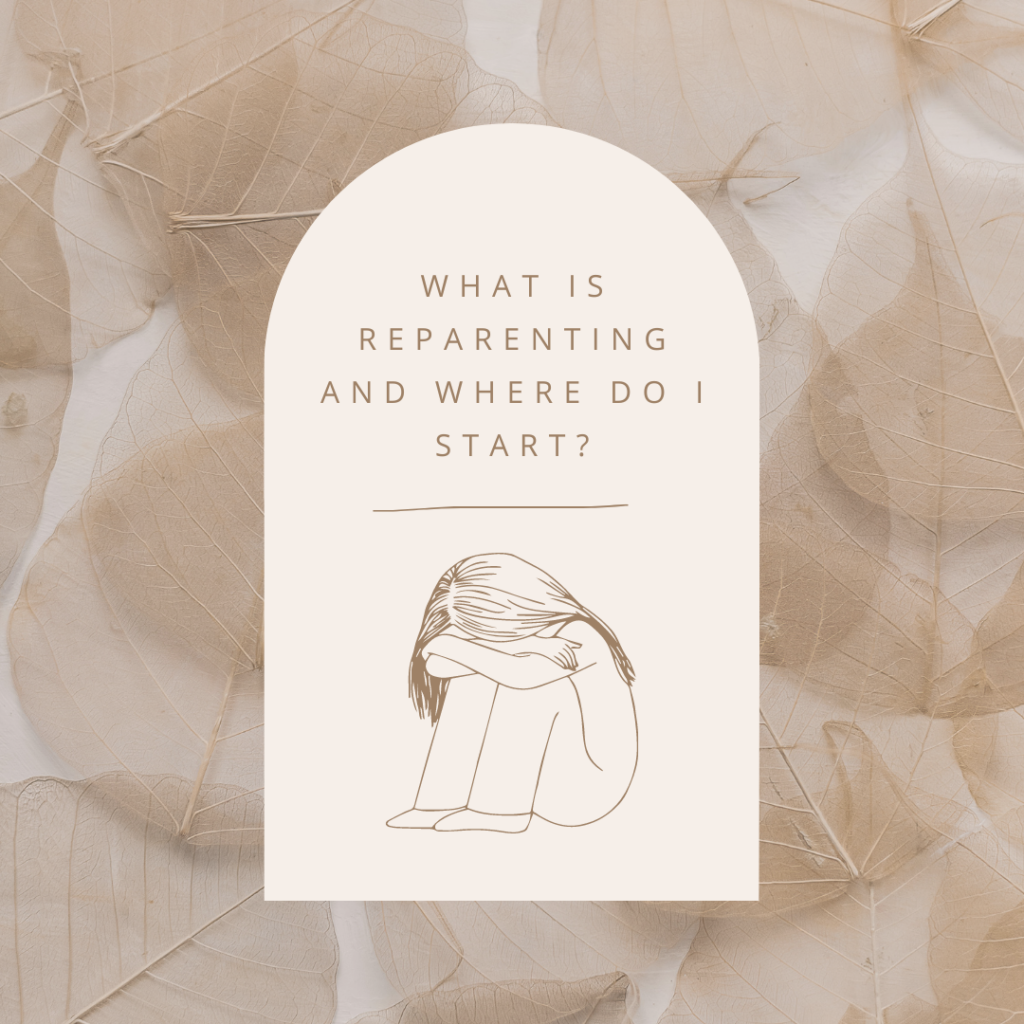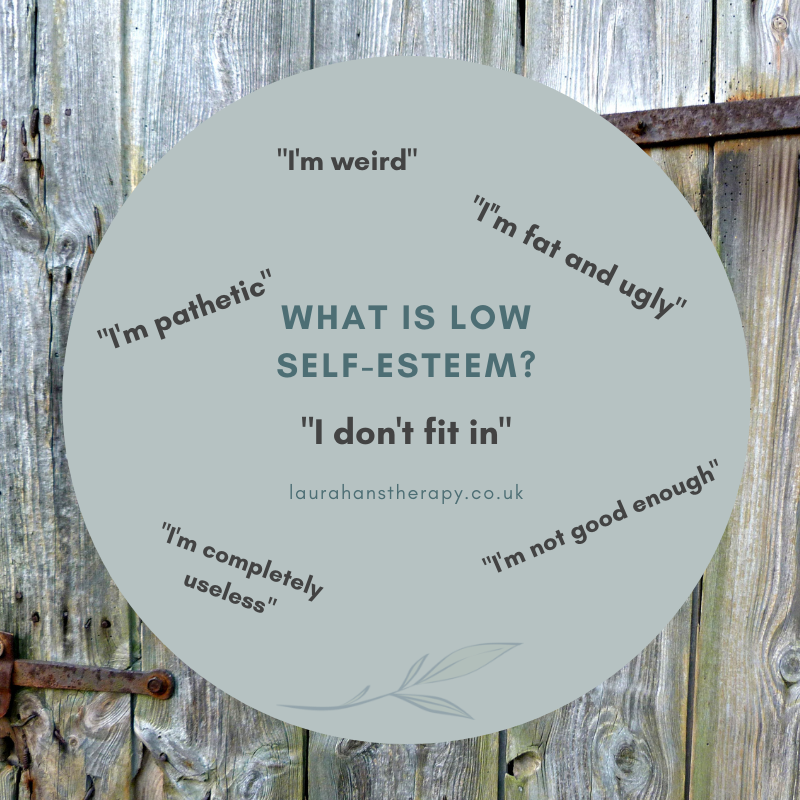Abuse – It’s Not Just What You Think It Is
Picture this: an adult comes to me for therapy, and we talk about things that have happened in their life, as a child and/or as an adult. As the conversation progresses, I quickly realise that unbeknown to them, what they are describing constitutes abuse. It might be hard to believe, but I’ve experienced this many […]
Abuse – It’s Not Just What You Think It Is Read More »
